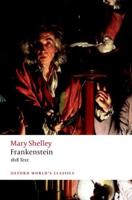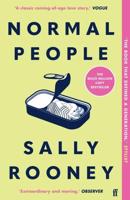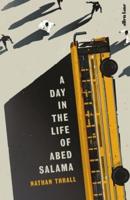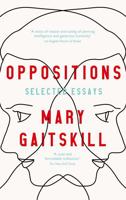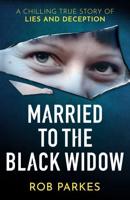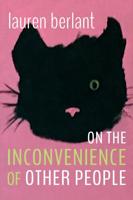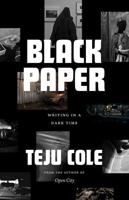Publisher's Synopsis
There are no second acts in American lives. F. Scott Fitzgerald's famous pronouncement, an epitaph for his own foreshortened career, points to a pattern of imaginative blight common among writers of the Lost Generation. As John W. Crowley shows in this study, excessive drinking was a crucial influence on the frequently diminished fortunes of these writers. Indeed, the modernists - especially the men - were a decidedly drunken lot. Taking account of recent work by social historians on the temperance movement, this book examines the relationships between intoxication and addiction in American life and letters during the first half of the 20th century. In explaining the transition from Victorian to modern paradigms of heavy drinking, Crowley focuses on representative fictions by W.D. Howells (""The Landlord at the Lion's Head""), Jack London (""John Barleycorn""), Ernest Hemingway (""The Sun Also Rises""), F. Scott Fitzgerald (""Tender Is the Night""), John O'Hara (""Appointment in Samarra""), Djuna Barnes (""Nightwood""), and Charles Jackson (""The Lost Weekend""). He considers the historical formation of ""alcoholism"" and earlier concepts of habitual drunkenness and their bearing on the social construction of gender roles. He also looks at the ""drunk narratives"", a mode of fiction that expresses the conjunction of modernism and alcoholism in a pervasive ideology of despair - the ""White Logic"" of John Barleycorn, London's nihilistic lord of the spirits.



